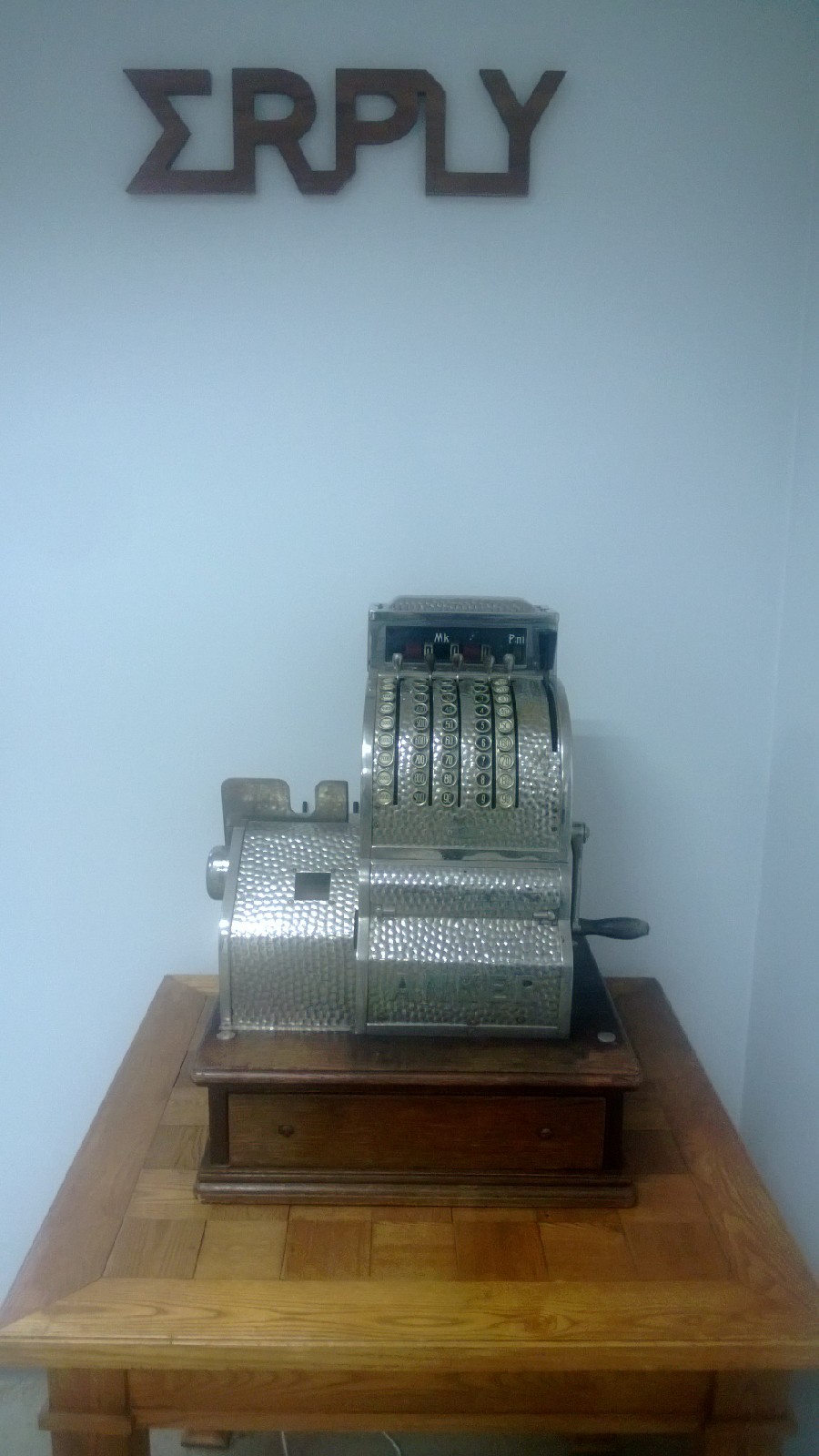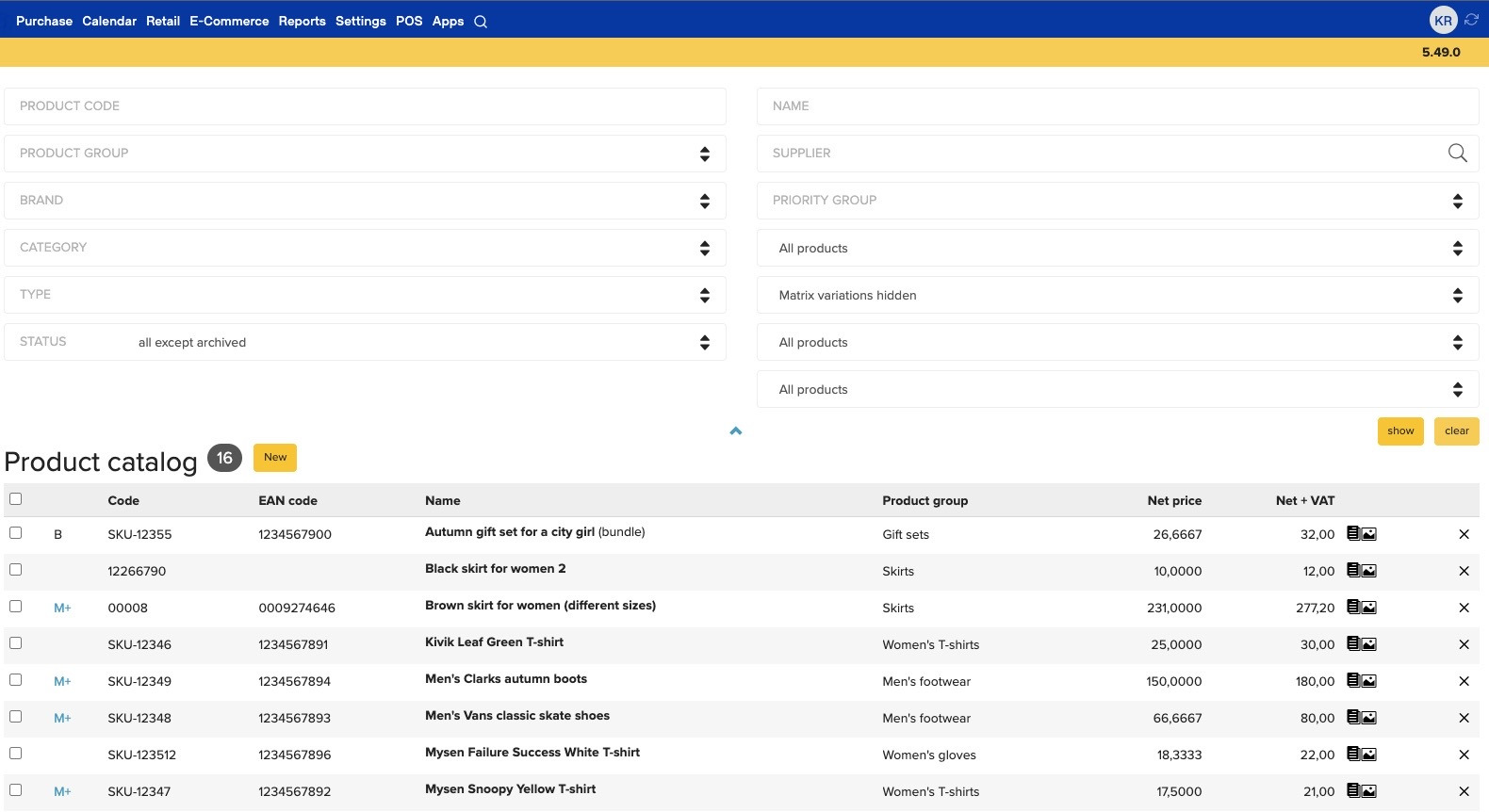The register, the till, the point of sale. It all started with an idea over 150 years ago by a man in Ohio.
James Ritty was a saloonkeeper in Early America Ohio as a ‘Dealer in Pure Whiskies, Fine Wines, and Cigars’ when he ran into a problem. He noticed that his employees were pocketing money rather than depositing it into his business after making a sale. He needed a way to keep track of each sale and the amount coming in and out of his saloon on a daily occurrence. While on a steamboat to Europe, he noticed a mechanism that counted the number of revolutions the ship’s propeller rotated. His observation sparked an idea that would change his business, and every business to come.
After returning home, he got to work on his invention. He called it “Ritty’s Incorruptible Cashier,” which would later evolve into the register we know today. While his invention did not have a cash drawer, it kept track of every sale made and the amount it cost. Knowing this was a step in the right direction, James Ritty patented his invention on November 4th, 1864 and began manufacturing them in Dayton, Ohio. Sadly, it seemed that James was before his time. Business owners didn’t care for his invention and so he shortly stopped production and sold his patent to investors in Ohio. One of these investors was John H. Patterson, who built a fortune off of Ritty’s invention and later founded the National Cash Register Company.
A little elbow grease, an array of gears and buttons, and a single lever were all they had to keep track of money and sales.
The complexity of these mechanical registers is astounding. Above is a video of Hank Green, host of Youtube Educational Channels Crash Course and SciShow, taking apart an old register to show the complicated inner workings of these machines.

One hundred and seventy-nine years later, there’s a now register in every store. There’s been quite a bit of progress since that day in 1864. We’ve moved away from rusty buttons, ancient levers, yellowed paper, and mechanical calculators. Complexity has been simplified. You can keep track of more than just your cashiers with ERPLY. We can record your inventory, your customers, your promotions, your time clocks, and more. Making a sale is easier than ever before. Through our time, we haven’t forgotten our roots. A mechanical register sits in our Estonian Office reminding us of the past, to help work towards the future.
Sign Up










